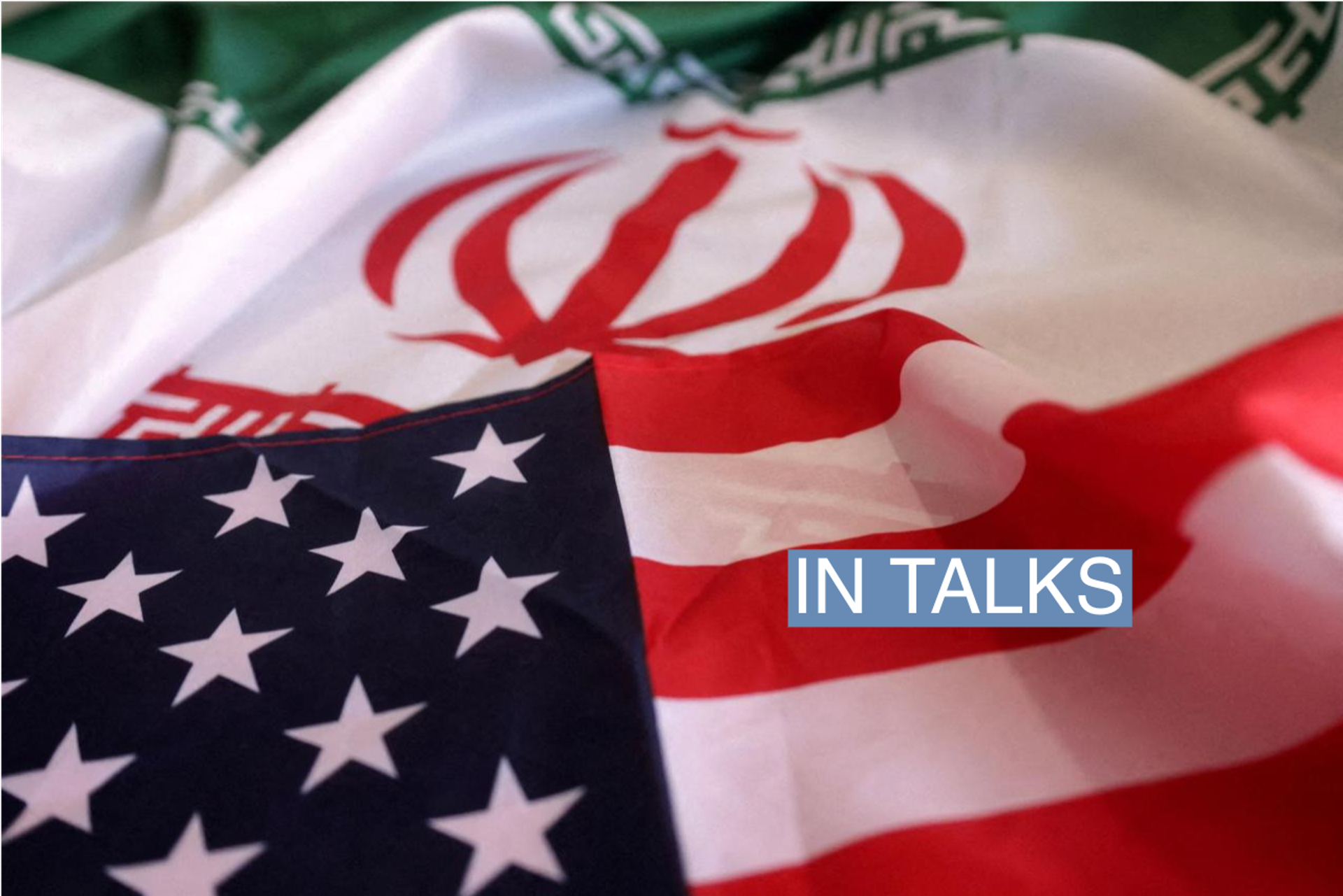The Scoop
Iran has arrested and detained a fourth U.S. national, further complicating the Biden administration’s efforts to secure an exchange of prisoners and lower tensions with Tehran.
The arrest of the American citizen, described to Semafor by three people briefed on the case, is now a central part of stepped-up negotiations between the two countries aimed at swapping Iranians detained in Western prisons for U.S. nationals. The talks, which have taken place in Oman as well as other countries, also revolve on the U.S. agreeing to green light the release of billions of dollars of Iran’s funds frozen in overseas banks, such as in South Korea.
Iranian officials have for months publicly suggested a deal was imminent, a position the Biden administration has disputed. But the inclusion now of a fourth American, whose identity we are withholding to avoid jeopardizing negotiations over their release, could be leading Tehran to up its demands, said the people briefed on the case.
To date, the U.S. has said publicly it’s focused on gaining the release of three Iranian Americans: businessmen Siamak Namazi and Emad Shargi and environmentalist Morad Tahbaz.
The Biden administration declined this week to provide comment to Semafor about this fourth case. But National Security Advisor Jake Sullivan alluded to it last week during an interview on Face the Nation. “We have tried very hard to secure the release of the four unjustly detained Americans in Iran, we have done so since the day that President Biden took office,” he said on Sunday.
A person directly briefed on the case and close to one of three Iranian American families told Semafor on Thursday: “Multiple senior officials at the State Department in the last few weeks have privately emphasized the U.S. and Iran have already agreed the fourth American will be part of any deal and there are no delays being caused by [the person’s] inclusion.”
In this article:
Jay’s view
Iranian detentions have vexed American administrations for decades, particularly during election years. Biden’s team could very well find itself in the same position in 2024.
Most famously, Jimmy Carter likely lost the White House in 1980 due to his inability to bring home the 52 Americans taken the year before during the Iranian Islamic revolution. Donald Trump also seized on the issue of U.S. nationals detained in Iran during the 2016 campaign, accusing the Obama White House of paying ransom to Tehran to get Americans back.
Trump’s own administration successfully negotiated a prisoner swap in 2019 for a Princeton academic, Wang Xiyue, but two of the four Iranian-Americans currently held in Tehran were arrested during Trump’s tenure.
Biden took office in 2021 pledging to quickly return the U.S. to the Obama-era nuclear agreement with Iran and to bring home the remaining detained U.S. citizens. But this vow has proven hard to execute, particularly with the election of hardline Iranian President Ebrahim Raisi, who has shown little of his predecessor’s desire to directly engage with the U.S.
Under Raisi, Iran has forged ahead with its use of detentions as a state policy, seizing not just this fourth American but also a number of Europeans. Israel’s Prime Minister announced this month that an Iranian-backed militia in Iraq, Katib Hezbollah, had kidnapped a Princeton Ph.D. student, Elizabeth Tsurkov, who’s a joint-Russian-Israeli citizen. Her family believes she may now be in Iran.
The detentions appear to have paid dividends: Last month, Iran traded three European prisoners for the release of an Iranian diplomat convicted in 2021 of plotting a terrorist attack in France. Iran’s Foreign Minister Hossein Amir-Abdollahian said the successful exchange now cleared the way for Tehran to improve its relations with Europe.
Biden’s Iran policy has become more fraught in recent weeks following the State Department’s decision to suspend its special envoy to Tehran, Robert Malley, who also served as lead negotiator on the hostage issue. Semafor learned this month that the FBI is investigating the diplomat for potentially mishandling classified information.
The View From Iran
The Iranian mission at the United Nations didn’t respond to a request for comment from Semafor on Thursday. But its government has suggested that it only arrests individuals who are involved in espionage.
“If some European citizens are not exploited by foreign security services, there is no reason to detain them,” Hossein Amir-Abdollahian tweeted last month. “Iran is a completely safe country and a safe and attractive destination for tourists.”
Notable
- Siamak Namazi was arrested in Tehran in October 2015, making him the longest-ever U.S. citizen illegally detained by Iran. He and his legal team have criticized the Obama administration’s January 2016 prisoner-swap that resulted in the release of four U.S. nationals, but not him. Namazi penned a letter from Evin Prison to Biden in January, criticizing him for refusing to meet with the families of the detained Iranian Americans and for allegedly not doing more to secure his release.
- Henry Rome of the Washington Institute for Near East Policy wrote last year on how Iran has long used hostage-taking as a tool of statecraft.
